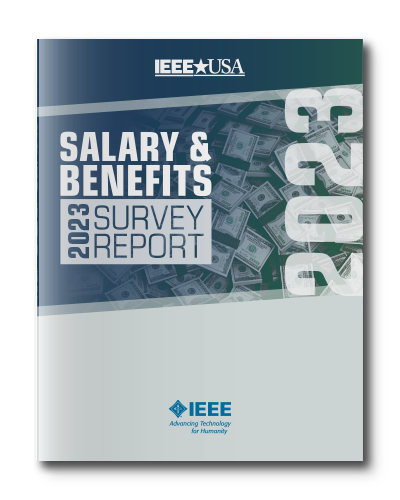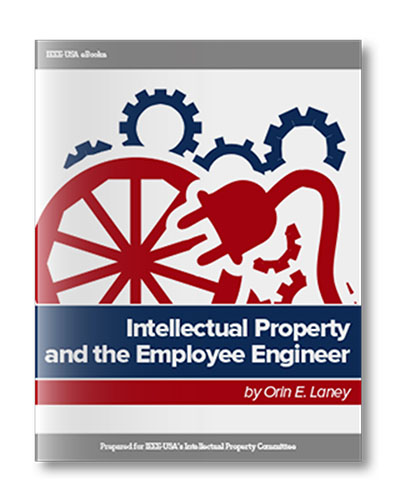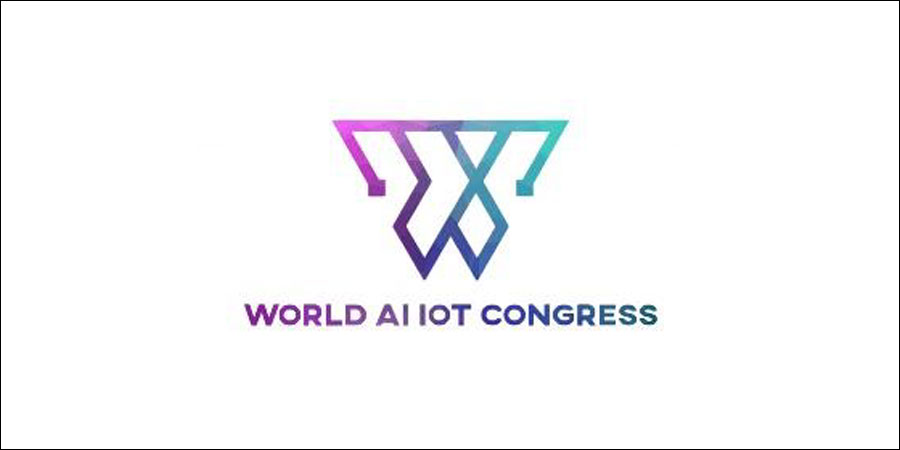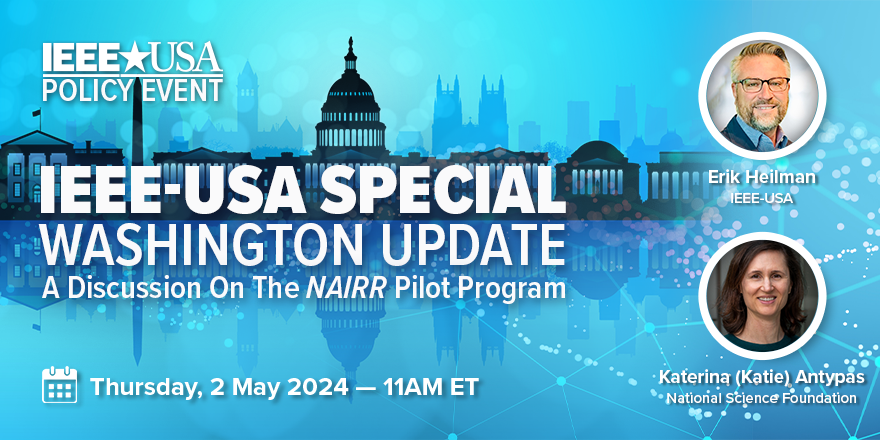Purpose & Objectives
The Intellectual Property Committee (IPC) promotes IP issues of importance to the IEEE U.S. membership (engineers, faculty, scientists, inventors, tech workforce, entrepreneurs, etc.). The issues include protection of patents, trademarks, and copyrights; and issues that encompass IP rights in fast moving technology, technology transfer, and U.S. competitiveness & innovation. The IPC prepares position statements, drafts legislation, files amici curiae with the US Supreme court, and delivers expert testimony before the U.S. Congress & the United States Patent and Trademark Office.
At times, the IPC is called upon to offer advice to the U.S. Copyright Office, Office of Science and Technology Policy, the United States Trade Representative Office, and to the Office of the Assistant Attorney General for Antitrust issues.
All IPC-developed positions represent a consensus of a diverse group of engineers, scientists, technologists and patent attorneys.
To read a chronological log of the IPC’s public policy communications — made on behalf of IEEE-USA (and other organizational units with IEEE), including testimonies, statements submitted for the record of congressional hearings, formal comments provided in response to public or regulatory notices, letters to Federal policy makers forwarding recommendations on public policy issues, and Legislative Alerts and similar notices of related government relations activities — please visit the IEEE-USA Policy Log.
Position Statements
- Availability of Exclusion Orders at the U.S. International Trade Commission (Nov 2022)
- Balance in U.S. Patent Law (Nov 2022)
- Patent-Eligible Subject Matter Under 35 U.S.C. § 101 (Nov 2022)
- Digital Rights Management (June 2022)
- Non-negotiable Terms and Conditions in the Sale or Transfer of Computer Software, and Other Digital Works, Including Those Embedded in Tangible Goods (June 2022)
- User Rights in Digital Copyright (June 2022)
Amicus Curiae
- IEEE-USA Amicus Curiae Brief to the U.S. Supreme Court in Peter v. Nantkwest, Inc., concerning PTO rule requiring party payment of PTO litigation expenses in Sec. 145 appeal litigations (July 2019)
- IEEE-USA Amicus Curiae Brief filed before the U.S. Supreme Court in the Helsinn v. Teva Case supporting the “on sale” bar to patentability (October 2018)
- IEEE-USA Amicus Curiae Brief filing to the U.S. Supreme Court in the Oil States Services, LLC vs. Greene’s Energy Group Case concerning Denial of Judicial Review of PTO Inter Partes Patent Reviews (September 2017)
- IEEE-USA Amicus Curiae Brief filed with the U.S. Supreme Court in the Alice v. CLS concerning the Patentability of Computer-Implemented Inventions (January 2014)
- IEEE-USA Amicus Curiae Brief before the U.S. Supreme Court in Alice v. CLS (October 2013)
- IEEE-USA Amicus Curiae Brief before the U.S. Supreme Court in Hyatt vs. Kappos on the Question of Inventor’s Due Process Rights in Sec. 145 Appeals to PTO Patent Adjudications (September 2011)
- Amicus Curiae Brief filed in the U.S. Supreme Court by Dr. Lee Hollaar (author) and IEEE-USA in the In Re Bilski process patent case. (September 2009)
- “What Does the Bilski Hearing Tell Us?,” Today’s Engineer, by IPC member Nate Bailey and Jill Browning (January 2010)
- IEEE-USA IPC INDUCE Act Testimony (22 July 2004) & MGM v. Grokster, Supreme Court Case No. 04-480
- Festo Amicus Materials
- Blizzard v. Internet Gateway, 2005 – IEEE-USA seeks to protect right to reverse engineer for interoperability in amicus brief filed in 8th Circuit Court of Appeals
Resource Links
 U.S. Intellectual Property Assistance Portal (Collabratec)
U.S. Intellectual Property Assistance Portal (Collabratec)
The U.S. Intellectual Property Assistance Portal is an IEEE Collabratec Community provided by the IEEE-USA Intellectual Property Committee (IPC) for the benefit of IEEE members. IPC members constitute a large knowledge trust and resource pool that has been historically tapped to generally assist IEEE members in intellectual property matters. This online portal is managed by the IPC, and IEEE members are encouraged to seek generic intellectual property information by posting and engaging with this community. Specific legal advice will not be provided by the IPC. This community is for receiving directions or resources to explore related to your intellectual property inquiries.
National Inventors Hall of Fame
The National Inventors Hall of Fame™ honors the women and men responsible for the great technological advances that make human, social and economic progress possible. Each year, the Selection Committee – including representatives of IEEE – of the National Inventors Hall of Fame Foundation selects inventors for induction. Their peers and the public nominate Individuals for selection. The 2012 IEEE representative to the Selection Committee is Murty Polavarapu.
Collegiate Inventors: The Hall of Fame also awards collegiate inventors for their contributions. The program – presented in partnership with the United States Patent and Trademark Office – is designed to recognize, honor and encourage innovators at the early stages of their careers, and is open to undergraduate and graduate students who are (or have recently been) enrolled in a college or university in the United States or Canada. Since its inception in 1990, the Competition has awarded over $1 million to young innovators, working alone or in teams, for their outstanding contributions to society and for their innovative work in discovering breakthroughs and solving engineering and scientific challenges. Past winning inventions and inventors have ranged from biotech to nanotech, from chemical engineering to electrical engineering and from robotics to optics.
Committee Chair
Matthew R. Schantz
Staff Contact
Erica Wissolik
Program Manager, Government Activities
e.wissolik@ieee.org
+1 202 530 8347
This e-book, which is free to IEEE members, will familiarize readers with personal intellectual property rights, and the associated issues that arise during employment—especially addressing the intellectual property rights of employed individuals.


